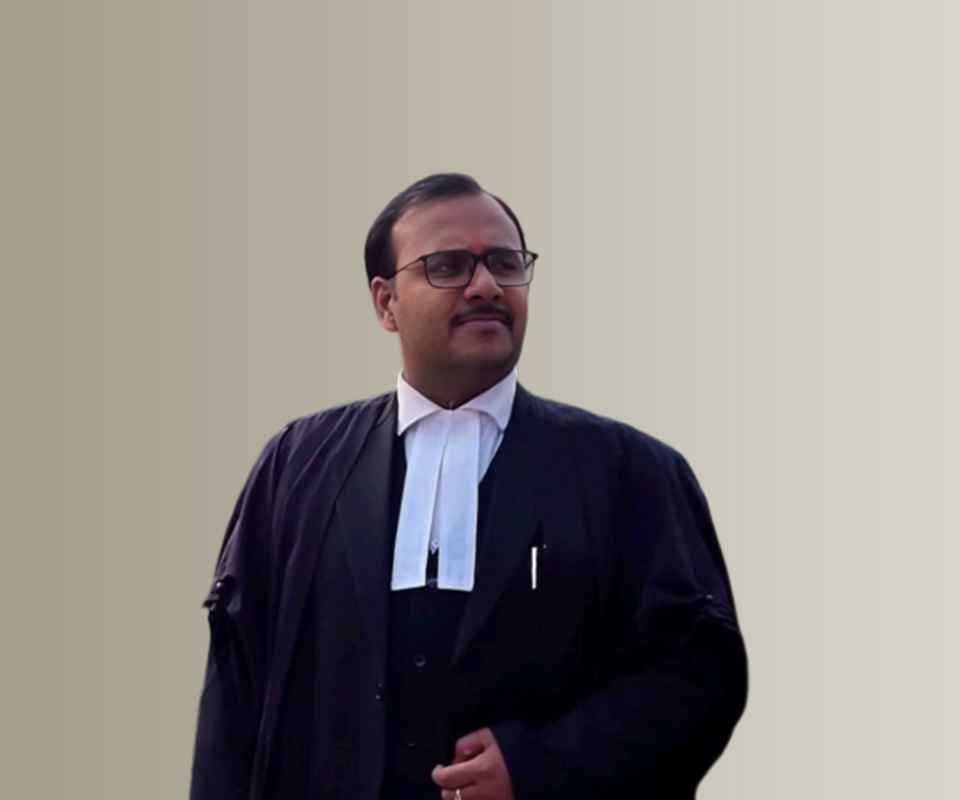Answer By law4u team
Yes, medical negligence can be proved without medical records, but it becomes more challenging. Indian courts do consider other forms of evidence in the absence of written records, depending on the facts of the case. Alternative Evidence That Can Help Prove Medical Negligence: Oral Testimony – Statements of the patient, relatives, or witnesses about the treatment received. Expert Opinion – Independent medical experts can assess the situation and provide opinions on standard care. Circumstantial Evidence – Events and consequences that clearly point to negligence (e.g., leaving a surgical instrument inside the body). Hospital Bills/Prescriptions – Even if detailed records are missing, prescriptions or discharge slips can help. Photographs/Videos – In some cases, images or videos of the injury or treatment condition may support the claim. RTI Requests – For government hospitals, you can request missing records under the RTI Act. Legal Presumption – If the hospital refuses to produce medical records, the court may draw an adverse inference against the doctor/hospital. Relevant Case Law: In V. Kishan Rao v. Nikhil Super Speciality Hospital (2010), the Supreme Court held that courts may decide a case of medical negligence even without expert evidence, depending on the facts. Conclusion: While medical records strengthen the case, their absence does not bar a negligence claim. Courts may rely on other credible evidence and circumstances to determine liability.









